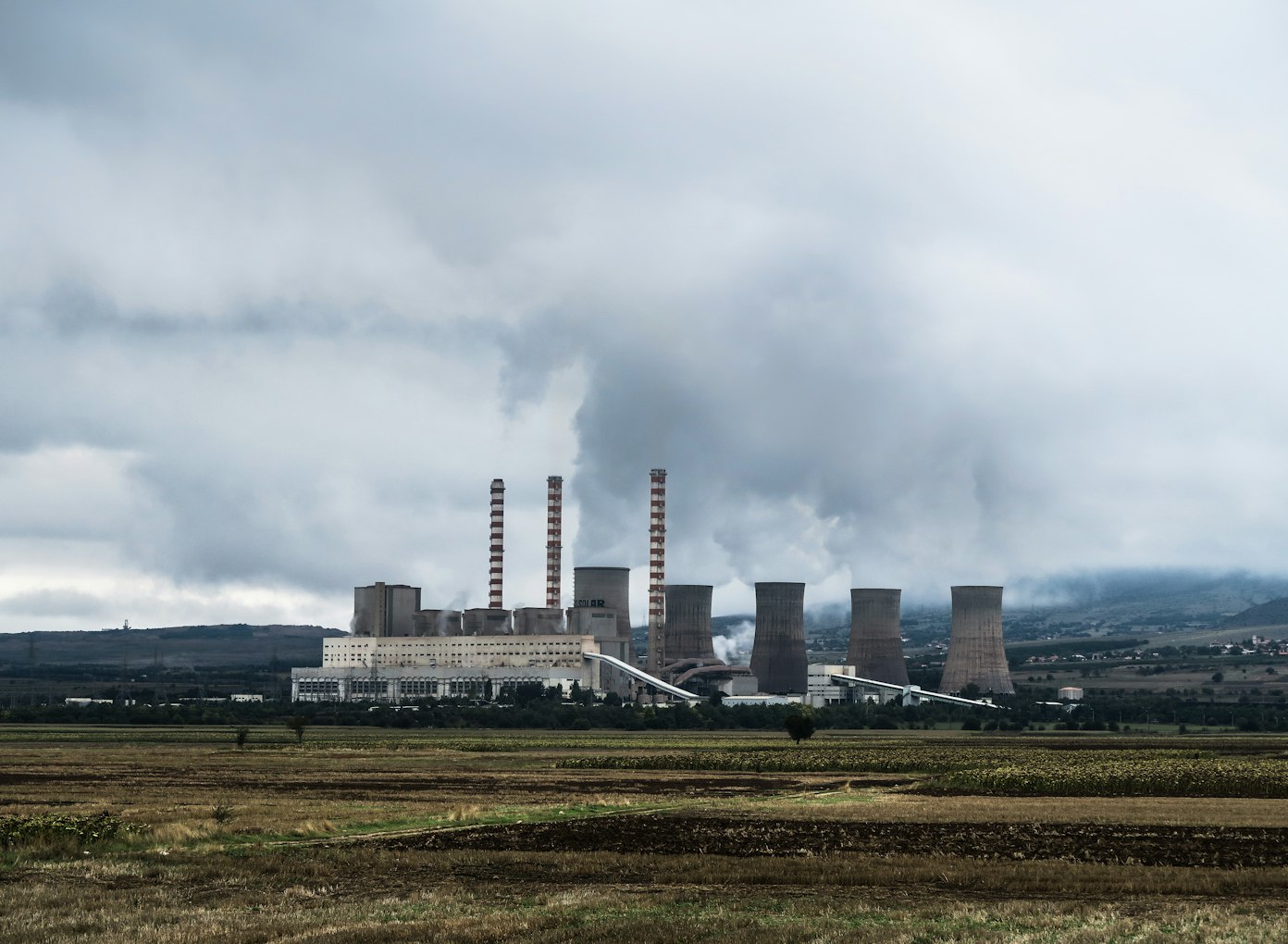The Role of Industrial Pollution in Climate Change

Climate change is one of the biggest challenges facing our planet today, and industrial pollution plays a significant role in driving this global problem. The burning of fossil fuels, deforestation, and other human activities have led to an increase in greenhouse gas emissions and other pollutants, which are contributing to rising temperatures and changing weather patterns.
The Role of Industrial Pollution in Climate Change
Industrial pollution is one of the main drivers of climate change, as it contributes to an increase in greenhouse gas emissions and other pollutants. Some of the ways in which industrial pollution contributes to climate change include:
- Burning fossil fuels: The burning of fossil fuels such as coal, oil, and natural gas is the largest contributor to greenhouse gas emissions, which are causing the planet to warm.
- Deforestation: Deforestation, largely driven by industrial activities, reduces the amount of carbon stored in trees and other plants, which contributes to climate change.
- Agriculture: Industrial agriculture practices also contribute to climate change through the use of fertilizers, pesticides, and other chemicals, deforestation, and the production of methane from livestock.
- Waste management: Improper disposal of waste, including household and industrial waste, can also contribute to climate change by releasing methane and other greenhouse gases.
Effects of Industrial Pollution on Climate Change
The effects of industrial pollution on climate change are far-reaching and can have a significant impact on the planet. Some of the effects include:
- Rising temperatures: An increase in greenhouse gas emissions is causing the planet to warm, leading to rising temperatures and changing weather patterns.
- Extreme weather events: Climate change is also leading to more frequent and severe extreme weather events such as heatwaves, droughts, and floods.
- Loss of biodiversity: Climate change is also leading to the loss of biodiversity, as plants and animals struggle to adapt to the changing conditions.
- Sea level rise: The warming of the planet is causing the polar ice caps to melt, leading to a rise in sea levels and flooding of coastal areas.
Solutions for Reducing Industrial Pollution in Climate Change
To reduce the impact of industrial pollution on climate change, it is essential to reduce the number of pollutants entering the atmosphere. Some of the solutions that can help to achieve this include:
- Investing in clean energy: Governments can invest in clean energy sources such as wind, solar, and hydroelectric power to reduce the burning of fossil fuels.
- Promoting conservation: Governments can promote conservation and reforestation to reduce the amount of carbon in the atmosphere, improve air quality, and protect biodiversity.
- Encouraging sustainable industrial practices: Governments can encourage industries to adopt sustainable practices such as reducing waste, recycling, and using renewable energy.
- Implementing carbon pricing: Governments can implement carbon pricing, a system that puts a price on carbon emissions, to discourage the use of fossil fuels and promote clean energy.
- Encouraging energy efficiency: Governments can encourage individuals and industries to be more energy efficient by providing incentives for energy-saving technologies and practices.
- Supporting international cooperation: Governments can also support international cooperation to reduce global greenhouse gas emissions and mitigate the effects of climate change.
Conclusion
Climate change is one of the biggest challenges facing our planet today, and industrial pollution plays a significant role in driving this global problem. The burning of fossil fuels, deforestation, and other human activities have led to an increase in greenhouse gas emissions and other pollutants, which are contributing to rising temperatures and changing weather patterns.
To reduce the impact of industrial pollution on climate change, it is essential to reduce the number of pollutants entering the atmosphere, this can be achieved by investing in clean energy, promoting conservation, encouraging sustainable industrial practices, implementing carbon pricing, encouraging energy efficiency, and supporting international cooperation. By taking these steps, we can mitigate the effects of climate change and protect our planet for future generations.






